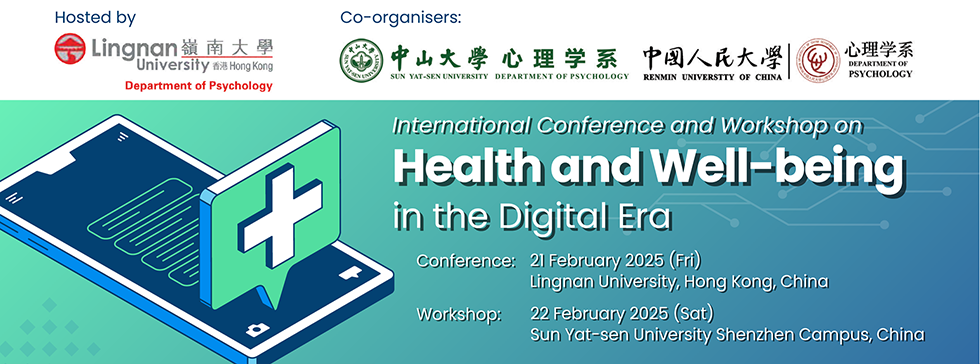Navigating job demands and resources in the era of digital transformation
Start Date
21-2-2025 11:20 AM
End Date
21-2-2025 11:50 AM
Description
The presentation focuses on the impact of digitalization and robotization on work environments and employee wellbeing. It explores the historical context and future outlook of these technological advancements, emphasizing the unique work environment and the Job Demands-Resources (JD-R) model. The presentation discusses the changes in job demands and resources due to robotization, highlighting the potential scenarios ranging from no changes to significant shifts in job roles and responsibilities. It stresses the importance of whether robots and ICT will be used as demands or resources for professionals.
The presentation also addresses the evolving nature of job demands and resources, such as increased cognitive and mental demands, workload, role conflicts, and intrusions in private life. It suggests that organizations should redesign their systems to accommodate these changes, taking into account the experiences and requirements of users. Additionally, it provides recommendations for policymakers to ensure a safe working environment, sufficient income, and protection of flexible/self-employment.
In conclusion, the presentation argues that digitalization and robotization can contribute to stimulating and healthy jobs if they are designed to support human work, maximize job resources, and ensure that humans remain in control. The economic benefits of these advancements should be shared among all stakeholders, including employees.
Speaker
Prof Evangelia DEMEROUTI
Professor, Department of Industrial Engineering and Innovation Sciences, Eindhoven University of Technology, The Netherlands
Dr. Evangelia Demerouti is a Full Professor in Work and Organizational Psychology at the Eindhoven University of Technology. Since 2015 she has been a Distinguished Visiting Professor at the University of Johannesburg, South Africa and since 2017 she has been the Chief Diversity Officer at Eindhoven University of Technology. Her research focuses on the processes enabling performance, including the effects of work characteristics, individual job strategies (including job crafting and decision-making), occupational well-being, work-life balance and the implementation and use of technology. She has published over 250 national and international papers and book chapters on these topics. In 2023, she was ranked number 419 of the most cited researchers internationally and across disciplines (https://elsevier.digitalcommonsdata.com/datasets/btchxktzyw/6), as well as among the top 50 (ranked 24) most impactful researchers worldwide in Management & Business (https://harzing.com/blog/2024/02/top-50-academics-in-business-managementworldwide-new-2023-ranking). She is often invited as keynote speaker in European and international congresses and the European Academy of Occupational Health Psychology awarded her a lifetime fellowship. Currently, she is an associate editor of the Journal of Occupational Health Psychology and a member of the editorial board of several high-impact journals in her discipline. She has been elected as the president of the European Association of Work and Organizational Psychology (EAWOP).
Document Type
Keynote speech
Recommended Citation
Demerouti, E. (2025, February 21). Navigating job demands and resources in the era of digital transformation. Keynote speech presented at the International Conference and Workshop on Health and Well-being in the Digital Era. Lingnan University, Hong Kong.
Navigating job demands and resources in the era of digital transformation
The presentation focuses on the impact of digitalization and robotization on work environments and employee wellbeing. It explores the historical context and future outlook of these technological advancements, emphasizing the unique work environment and the Job Demands-Resources (JD-R) model. The presentation discusses the changes in job demands and resources due to robotization, highlighting the potential scenarios ranging from no changes to significant shifts in job roles and responsibilities. It stresses the importance of whether robots and ICT will be used as demands or resources for professionals.
The presentation also addresses the evolving nature of job demands and resources, such as increased cognitive and mental demands, workload, role conflicts, and intrusions in private life. It suggests that organizations should redesign their systems to accommodate these changes, taking into account the experiences and requirements of users. Additionally, it provides recommendations for policymakers to ensure a safe working environment, sufficient income, and protection of flexible/self-employment.
In conclusion, the presentation argues that digitalization and robotization can contribute to stimulating and healthy jobs if they are designed to support human work, maximize job resources, and ensure that humans remain in control. The economic benefits of these advancements should be shared among all stakeholders, including employees.





